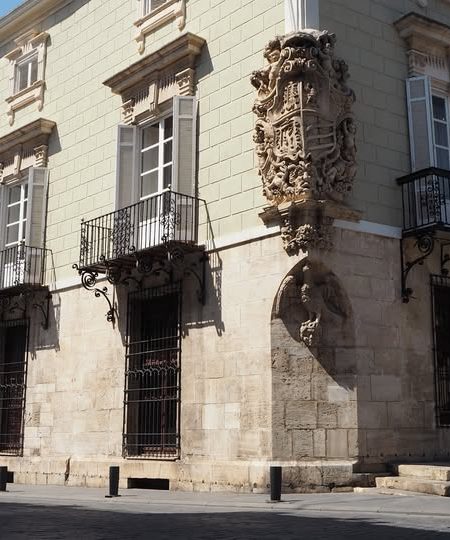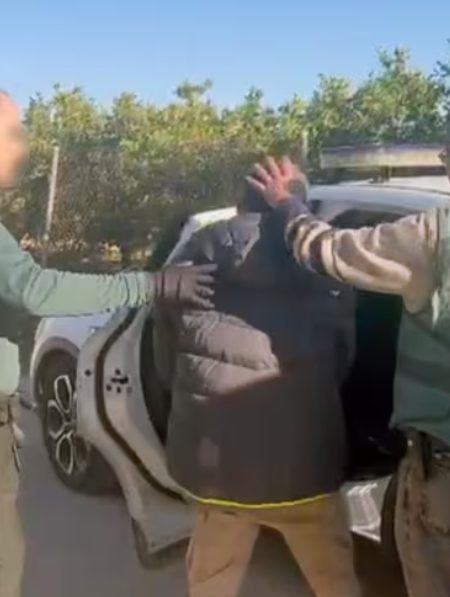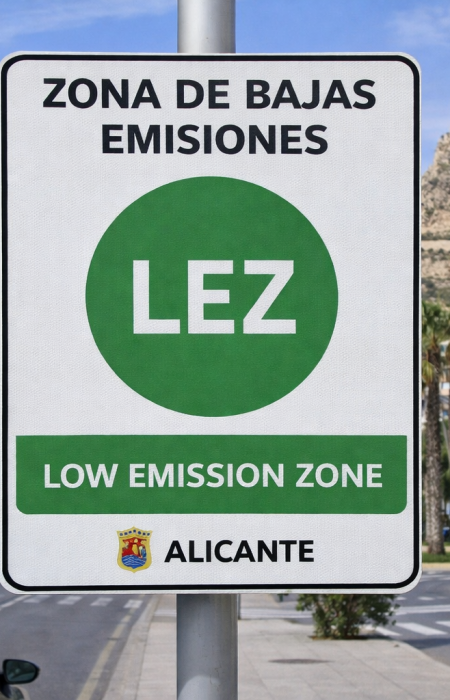For just three minutes, they were willing to listen and showed signs of love. In return, they stole their victims’ most valuable watches, gold jewellery, or cash that they had just taken out of an ATM. A lot of the folks they talked to, generally older people, didn’t know what had happened until they got home. The police have broken up a criminal group that travelled around the country hunting for easy targets to rob using the “affectionate embrace method.” On September 4, the National Police, Romanian authorities, and the European police agency Europol worked together to arrest a dozen of its members, eight men and four women, all between the ages of 25 and 40. They are presently in pretrial prison in Spain after being sent back there. They are being looked into for being part of a criminal group and for 45 property crimes, 41 thefts, and four violent robberies.
The detectives of this operation, who spoke to a gathering of media outlets this Thursday at the Canillas Police Complex in Madrid, said that those arrested thought of their pursuit of targets as “a job.” The group was centred in Madrid, although they travelled all around Spain. They lived in the countryside, distant from cities, and from Monday to Friday mornings, they went to parks, outpatient clinics, and pharmacies in different cities. Francisco González, Chief Inspector of the Drug and Organised Crime Unit (UDYCO) at the Madrid Police Headquarters, said, “They go out to work and don’t stop until they reach their goal.” The culprits sought not to draw attention to themselves and “burn out” the regions, which happened when a lot of victims gathered and information got out. That’s why they moved about so much. One or two well-dressed women asking an old person for something is the most common scene. They said that throughout that short talk, they exchanged nice and loving gestures, some of which had sexual undertones. And when they got their hands on the watch or jewellery, they rushed away. Before they ran away, a third person, usually a man, was waiting for them in a car.
Investigators said that this operation is important because it not only solved the robberies but also found the people who did them. It has also helped the group they were a part of, whose leaders are situated in Romania, and has helped them find some of the things they bought with the stolen money. While the top leaders “lived ostentatiously” in the eastern country, living in luxury villas and “investing in real estate,” those who scoured the cities of Spain tried to remain discreet, explained Chief Inspector Álvaro Álvarez, head of the itinerant crime section of the Central Specialized and Violent Crime Unit (UDEV).
They worked in cities, especially in places where tourists went. In recent months, they had stormed the provinces of Madrid, Barcelona, Seville, Valencia, Alicante, Granada, and Murcia, according to a police statement. The loot was subsequently conveyed to Romania in postal shipments, hidden amid clothing or household appliances.
The police have given a number of measures to keep older people, who are often the victims of this kind of crime, safe from these organisations. Chief Inspector Álvarez said, “You should be careful of anyone who comes up to you in a strange way.” They can use “any excuse” to talk to their targets on the street, especially if they are walking or “absent-minded.” These people are also accused of stealing from people at ATMs, even though it isn’t considered affectionate theft.
The inquiry includes video of one of the detainees waiting for two ladies in a parking lot while they rob someone and video of another detainee, whose face is disguised by a mask, trying to trick a woman who is taking money out of an ATM.
During the operation, the police searched 25 times, 23 of which were in Romania. They found some of the stolen items. Among other things, investigators recovered 26 high-end watches, a lot of gold jewellery, and more than €22,900. They also took 12 homes and seven cars worth more than €190,000 from the group’s top executives.
A cooperative working group was set up between Romanian and Spanish prosecutors and judges throughout the inquiry, which started in 2024. Italy also received multiple investigative warrants. Investigators say that these gangs not only worked in Spain, but they might even move their operations to other nearby nations. “They were very mobile,” they stressed.









No Comment! Be the first one.